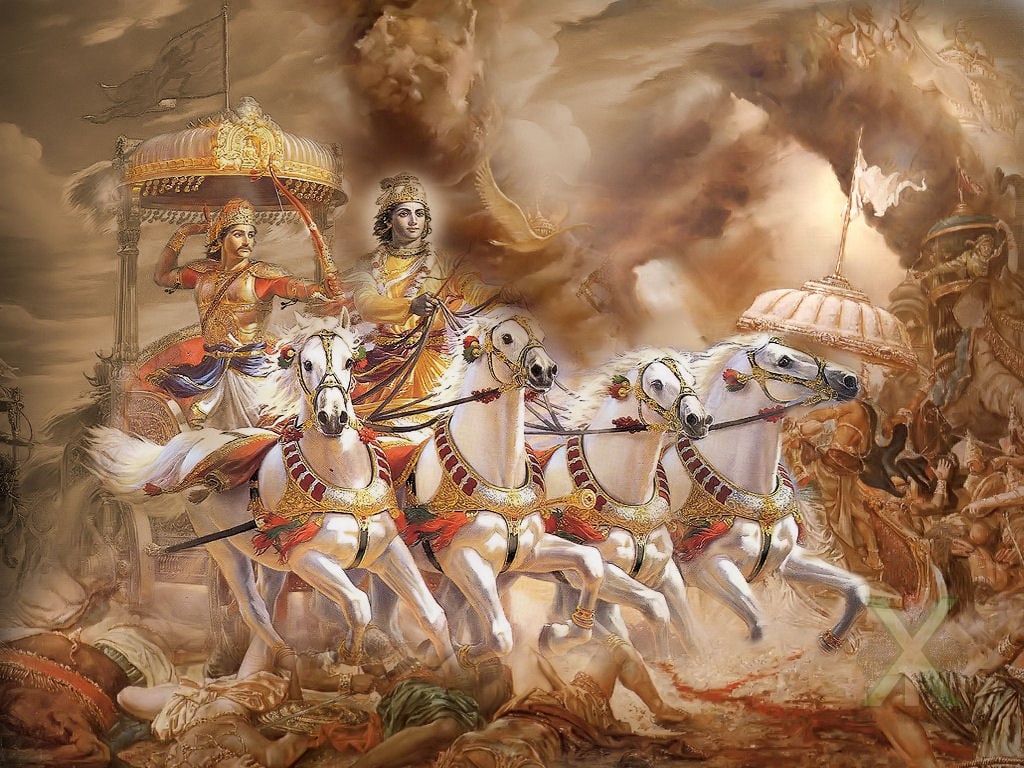Influence of the Bhagavad Gita on R.W. Emerson’s essay The Transcendentalist. Uplifting the philosophy of Immanuel Kant to its highest level by R.W. Emerson.
Keywords: Soul, Nature, Beauty, Motives, Circumstance, Own Nature, God.
The Bhagavad Gita is a repository of Vedic ideas which have entered American culture as “New idea” through R.W. Emerson.. As per Swami Vivekanand “And it is here that the study of different religions helps us. It shows us that the same thoughts that we have been calling ours and ours alone, were present hundreds of years ago in others, and some even in a better form of expression than our own” 4 This is as per the view of R.W. Emerson above. “The light is always identical in its composition, but it falls on a great variety of objects, and by so falling is first revealed to us, not in its own form, for it is formless, but in theirs; in like manner, thought only appears in the objects it classifies. What is popularly called Transcendentalism among us, is Idealism;” We see here that thought and the formless appears only in the form of objects it classifies. “The materialist, secure in the certainty of sensation … and believes that his life is solid… Yet how easy it is to show him, that he also is a phantom walking and working amid phantoms and that he need only ask a question or two beyond his daily questions, to find his solid universe growing dim and impalpable before his sense”. Material creation is subject to permanent circle of creation and destruction. This is as per the Vedic concept of cycle of Yugas which leads to destruction and renewal.
Shiva Durga Prof. Dr. Anoop Gupta Dr. Nitin Bhatnagar:The authors are from Institute of Applied Sciences and Humanities, GLA University, Mathura. U.P. India.

